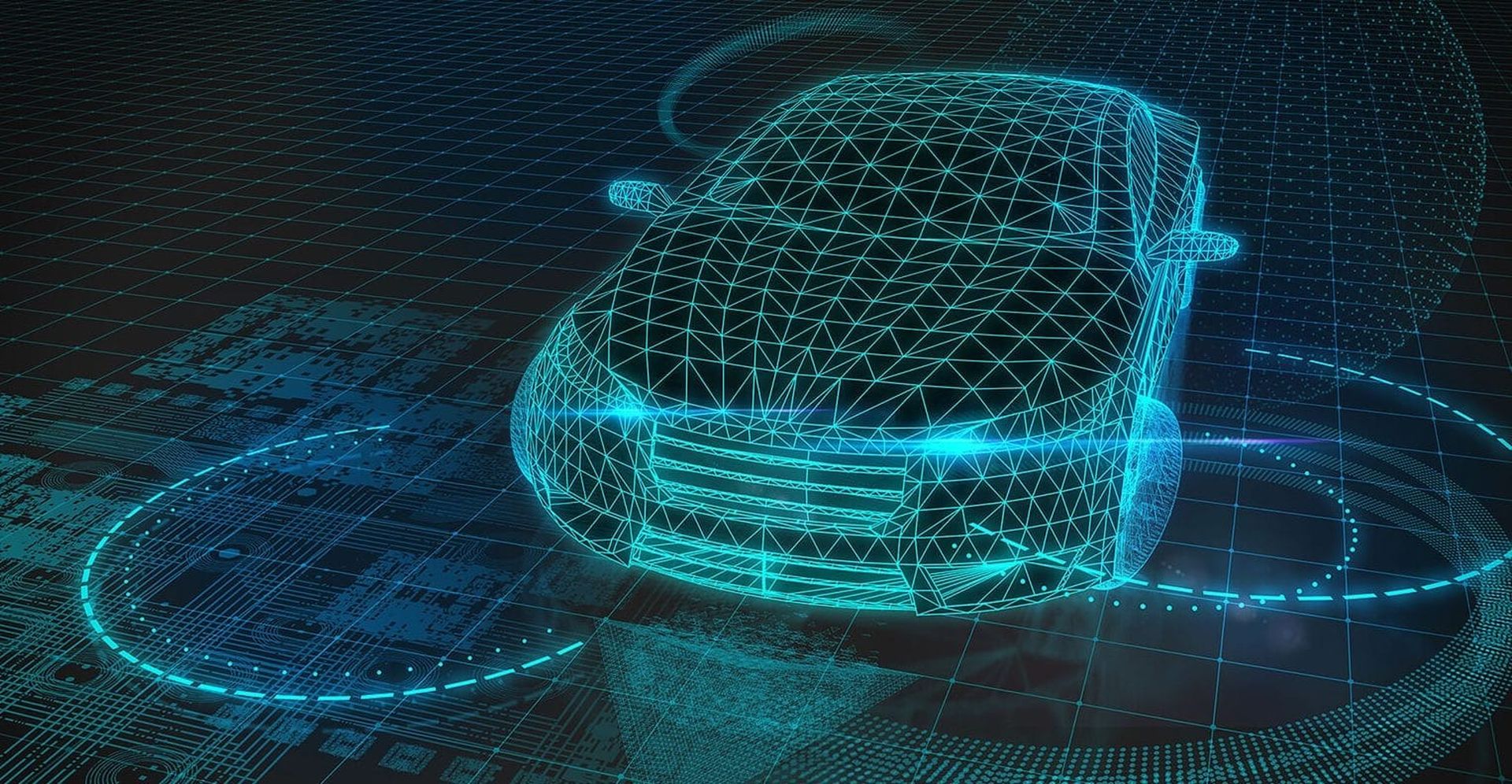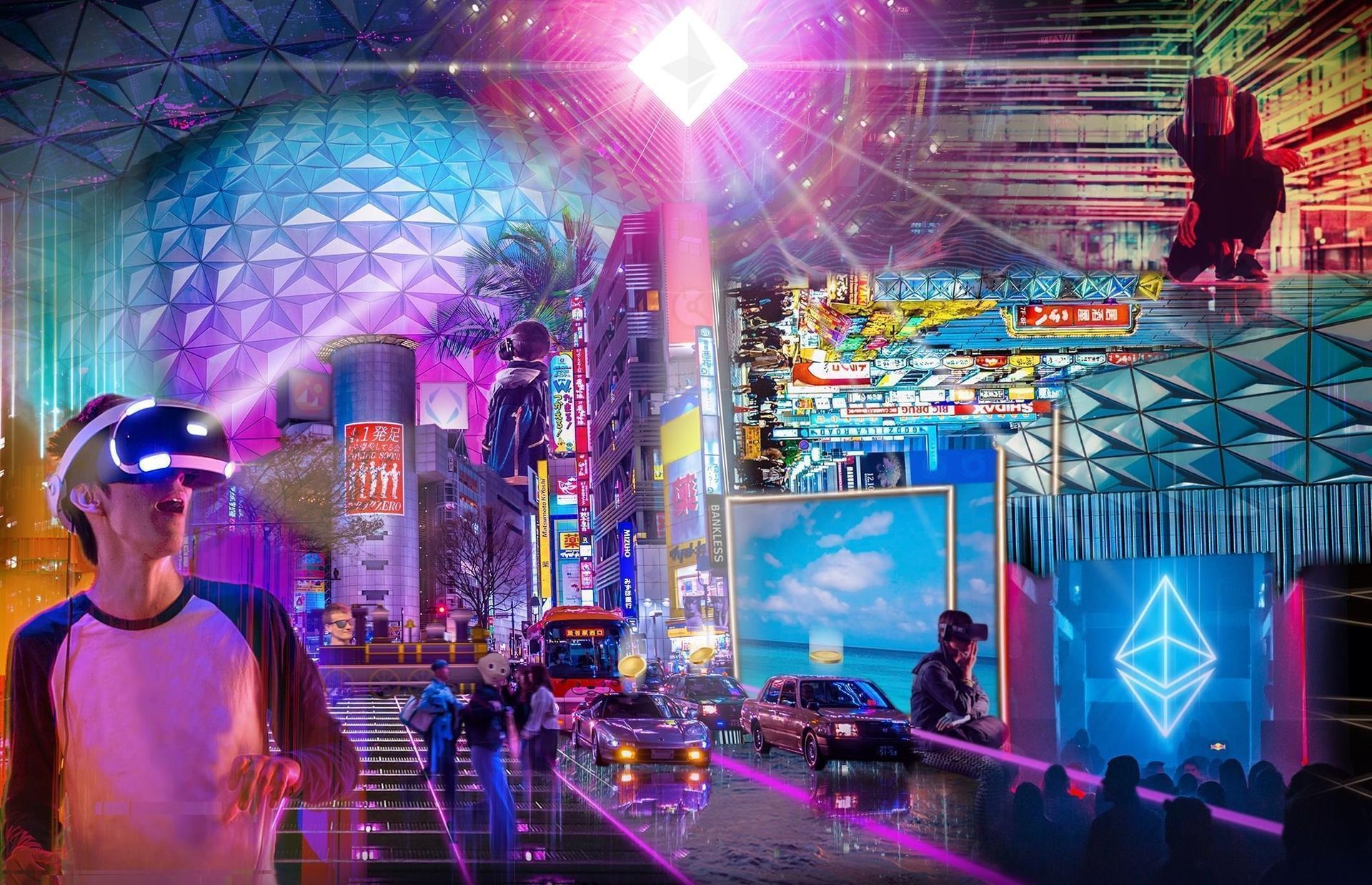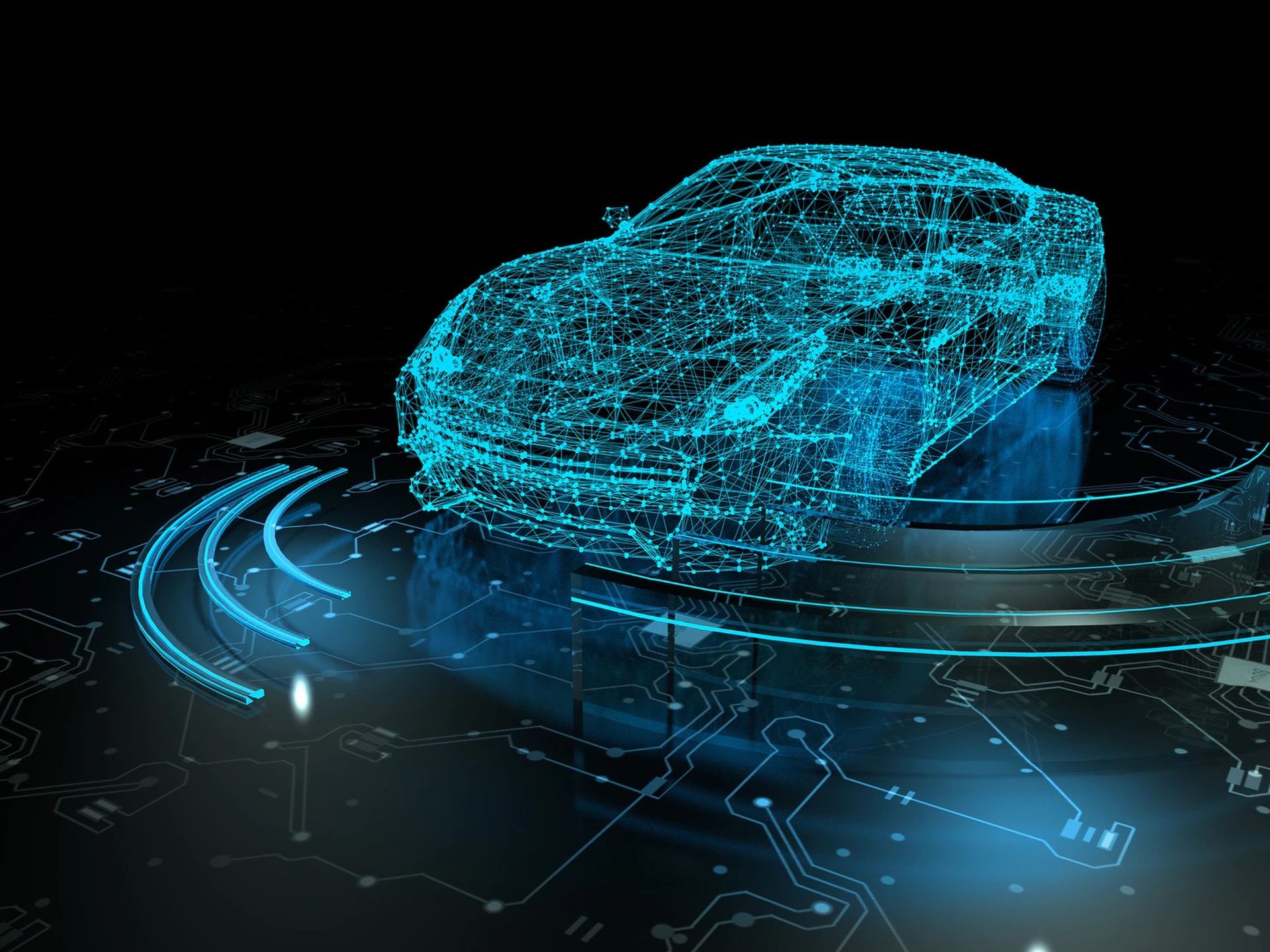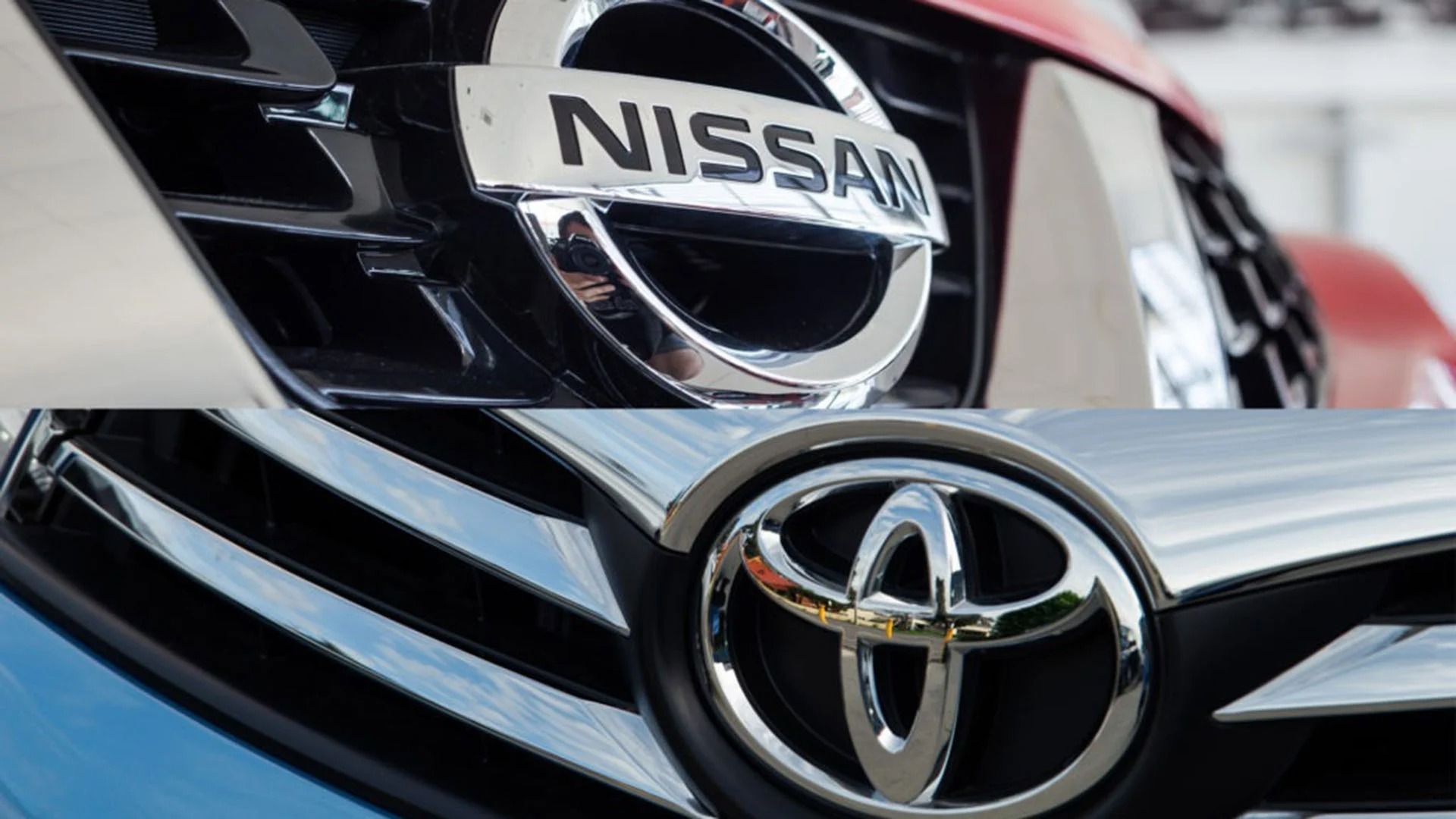Two of the world’s largest automakers Toyota and Nissan have entered the metaverse, major corporations and firms are now following the latest trends in order to gain a competitive advantage.
Toyota and Nissan have announced their entrance into the metaverse to provide new virtual experiences to their customers, organizing digital events and establishing virtual customer service offices.
Both firms have partnerships with VRChat, a game developer startup, and they will use this advantage in order to advance in the metaverse, utilizing virtual reality (VR) technology to provide immersive displays of their vehicles, according to a recent article from Japanese business daily Nikkei Asia. VRChat
Toyota and Nissan metaverse expectations
Nissan will concentrate on providing virtual reality rooms for its customers. Toyota, on the other hand, will focus on remote working areas and develop offices for its employees where they can interact using their avatars about technical advancements.
In other words, some of Toyota’s work gatherings will no longer be physical. According to a company representative, this new workplace space is being created as a consequence of the coronavirus’ effects.

“As more people are working from home because of the coronavirus, we are offering young employees and others communication options within the company.”
For the time being, Toyota and Nissan have not announced where they will establish their new offices in metaverse, so consumers will just have to wait and see whether they pick a centralized facility like Meta’s or a decentralized one like Decentraland.
What is metaverse?
A metaverse is, in short, a virtual space (yes, we are talking about virtual reality) and collective in which certain environments are recreated in which people can interact with each other, perform multiple activities and, in addition, circumvent the limitations imposed by the real world in every way. The only limits within a metaverse, besides the lack of sensory responses to what we are doing, are those set by its creator.

For example, there’s a metaverse controller will make it possible to feel objects in VR. It uses a spin process to distinguish the senses associated with objects to allow users to feel them in the metaverse, as if they were touching them in the real world. The metaverse controller will provide a realistic feel of an object and may even allow users to detect an item’s thickness without actually holding it. But the latest metaverse survey reveals the lack of interest from teens. A new metaverse startup is announced every day, with many of them claiming that their platforms will be the next generation of the internet. This metaverse survey might change their minds about the development of metaverse platforms.
Which automobile brands entered the metaverse?
Toyota and Nissan aren’t the first automobile companies or enterprises to break new ground in this emerging metaverse trend. Other firms, like as Volkswagon and Mercedes-Benz, have launched marketing initiatives in early April to promote their entrance into the Metaverse, with winners receiving free access to the latest PS5 and advanced driving lessons at one of Volkswagens’ training centers.
“We’re very proud of this gamified and immersive campaign as it delivered unprecedented consumer impact, while propelling Volkswagen and its audience into a new world. It’s not just watchable – it’s playable. And it’s a great example of the intersections of engagement and entertainment.”
-Bridget Harpur, marketing director for Volkswagen Passenger Vehicles

In addition to Toyota and Nissan, other luxury cars such as Ferrari have yet to join the Metaverse formally, but they are experimenting with NFTs in collaboration with blockchain organizations like Velas Network.
By the way, Volkswagen introduced a new all-electric microbus: The ID. Buzz. This electric van, which looks like a classic Microbus and incorporates modern technology and sustainable materials, is available in both passenger and ID Buzz Cargo versions.





